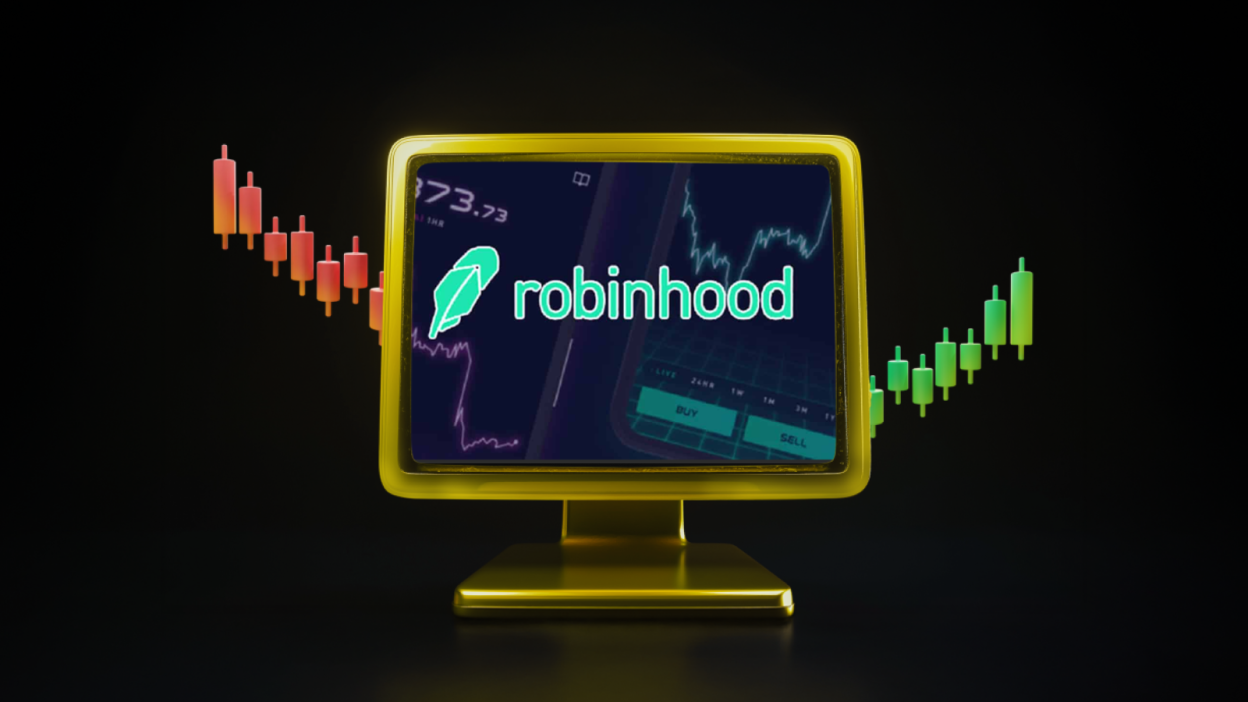Robinhood’s RWA-Focused Request to the SEC: Background and Key Claims
In a comprehensive proposal to the US Securities and Exchange Commission (SEC) in April 2025, Robinhood advocated for the digitization of traditional financial assets through tokenization and called for a clear, enforceable and technology-friendly regulatory framework at the federal level. In particular, the proposal focuses on RWA (Real World Assets) tokenization, which enables the representation of real-world assets on the blockchain.
At the core of the proposal are the following three main headings:
- Reviewing the Accredited Investor Definition: Robinhood proposes replacing the current income- and wealth-based definition of “accredited investor” with a more inclusive model based on knowledge and risk tolerance. This would allow a wider range of individual investors to access tokenized securities.
- Registration Regime for Tokenizing Securities: The Company is calling for the creation of an alternative registration mechanism to SEC registration requirements for companies seeking to reach investors through means other than an initial public offering (IPO). This framework should be designed to include the issuance and tracking of smart contract-based securities.
- Clear Guidance for Broker-Dealers and Exchanges: The SEC should issue clear guidance on broker licensing, compliance reporting and custody obligations for US-based platforms seeking to trade in securities tokens.
Robinhood’s offer could directly impact not only its own platform, but also the institutionalization journey of the entire US-based digital asset industry.
The SEC’s Evolving Attitude and the Importance of Roundtables
The SEC started to take a more systematic and constructive position on tokenization and digital securities, especially from the end of 2024. The “Roundtable on Tokenization and RWA” held in May 2025 was a concrete indicator of this transformation. The meeting was attended by major players from both the traditional finance and crypto worlds, such as BlackRock, Fidelity, Circle, Nasdaq and JP Morgan.
Among the highlights of the round table:
- Capital Markets 2.0: How tokenization can increase the efficiency of capital markets through decentralization and transparency was discussed.
- Balancing Liquidity and Compliance: How to balance investor protection and regulatory oversight with the ability of RWA tokens to change hands more quickly in the global market.
- The Tension between Regulation and Innovation: While there were differences of opinion on how regulations could guide innovation without constraining it, the general trend was towards a “framing but flexible” approach.
Robinhood’s proposal is noteworthy in that it was presented in synchronization with these meetings. In its proposal to the public policy makers, the company is not only presenting its own commercial interests, but also a broader vision to support the development of the entire RWA infrastructure.
Technological and Legal Infrastructure of Tokenization: Why RWAs Matter
RWA tokenization enables physical or traditional financial assets (such as real estate, treasury bonds, commodities, artworks or stocks) to be represented by a digital representation on the blockchain. This process varies depending on the characteristics of the asset, but generally involves the following steps:
- Digitization of the Asset: The physical asset is structured to be tokenized through an SPV (Special Purpose Vehicle) or trust.
- Smart Contract Definition: Programmable rules are defined for the token representing the asset on Ethereum, Solana or other L1 chains.
- Investor Verification and KYC/AML Compliance: Investors go through identity verification processes and necessary controls are provided for SEC compliance.
- Trading and Storage: Tokens can be traded via compatible exchanges or decentralized protocols (DeFi) and stored in on-chain wallets.
Robinhood’s proposal to the SEC aims to put this process on a legal footing. In particular, whether tokens can be classified as “securities” and how these assets will be regulated in the US legal system is of great importance.
Market Reflection and Strategic Players’ Positioning
Robinhood’s offer had a short-term impact not only on the political arena but also on the markets. Following the announcement of the SEC offer;
- Robinhood (HOOD) Shares: Gained 1.8%.
- RWA Infrastructure Tokens: Chainlink (LINK), Centrifuge (CFG), Ondo Finance (ONDO) and Polygon (MATIC) saw volume and price increases.
- Institutional Interest: BlackRock CEO Larry Fink said in a statement at the end of May 2025 that “tokenization is the inevitable evolution of financial infrastructure,” implying their support for Robinhood’s proposal.
These developments show that tokenization is no longer just a “Web3 dream” but a serious part of corporate capital’s strategic transformation plans. In particular, the integration of traditional assets with DeFi (decentralized finance) protocols could be a significant growth area in the second half of 2025.
Conclusion: Is the Age of Tokenization Beginning?
Robinhood’s proposal to the SEC is more than just a company’s call for regulation; it is an attempt to create the building blocks of tokenized capital markets. Its acceptance could lead to a paradigm shift in the US regulatory stance on crypto assets.
If progress is made in the following areas, RWA tokenization could truly usher in a new era:
- Legalized digital securities trading infrastructure
- Secure entry of institutional investors
- On-chain transparency in international capital flows
- Traditional investment products become 24/7, fragmented and accessible
However, it is important to keep in mind that the transformation promised by tokenization will be possible not only through technological innovation, but also through trust mechanisms firmly grounded in law. Robinhood’s proposal is an important first step in this direction, but ultimate success will depend on how the SEC frames the regulatory framework.
Disclaimer
This content has been prepared by the Darkex Research Team for informational purposes only. It does not constitute investment advice. All risks and responsibilities arising from your investment decisions are solely your own.




